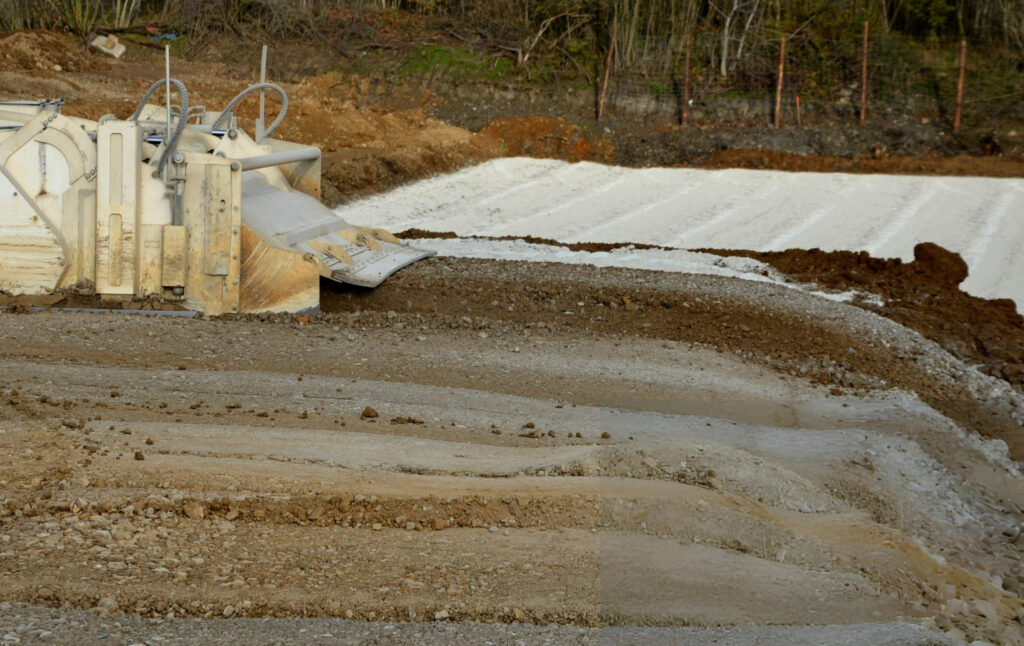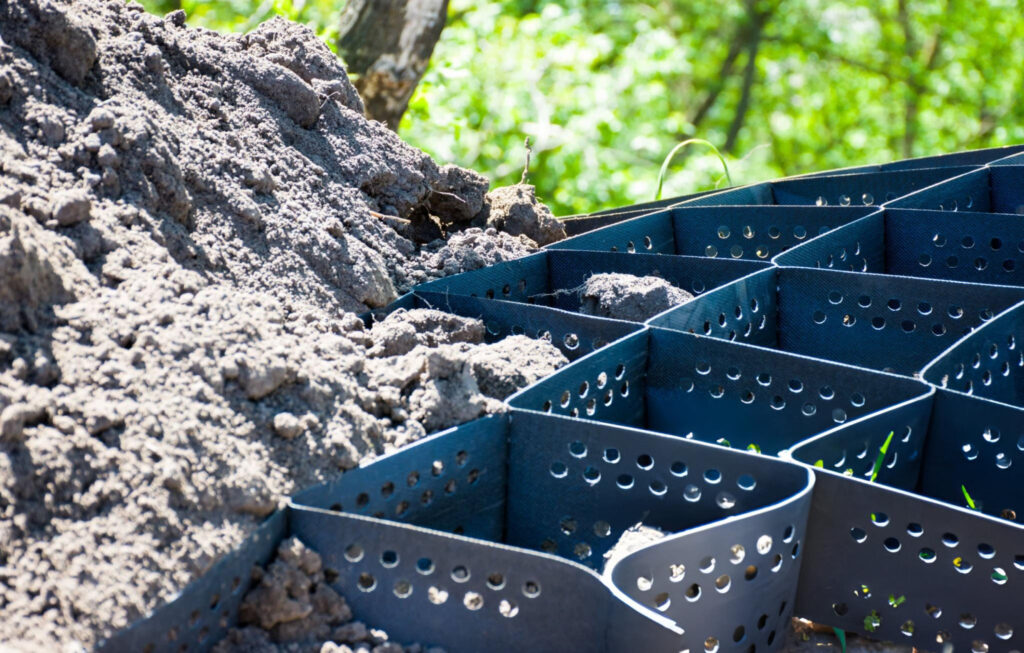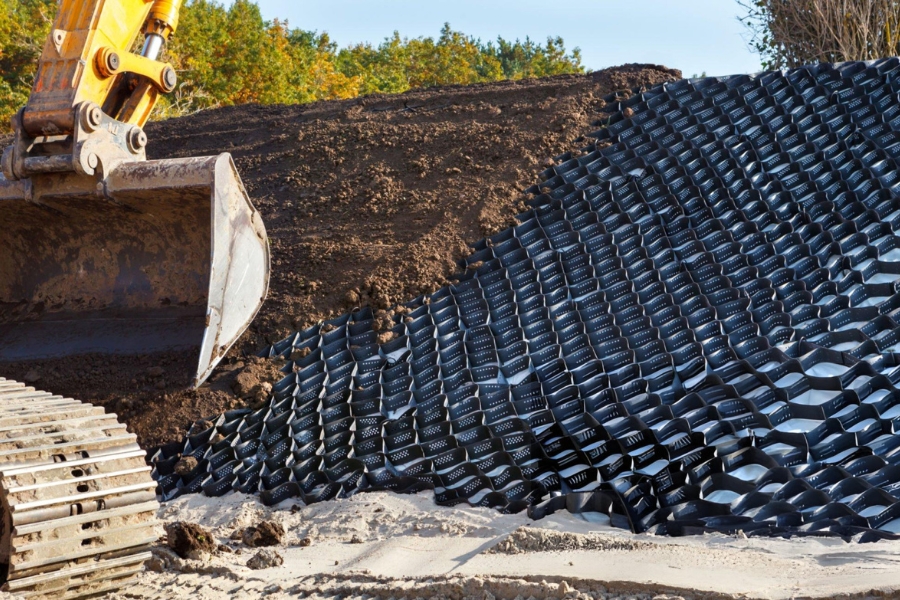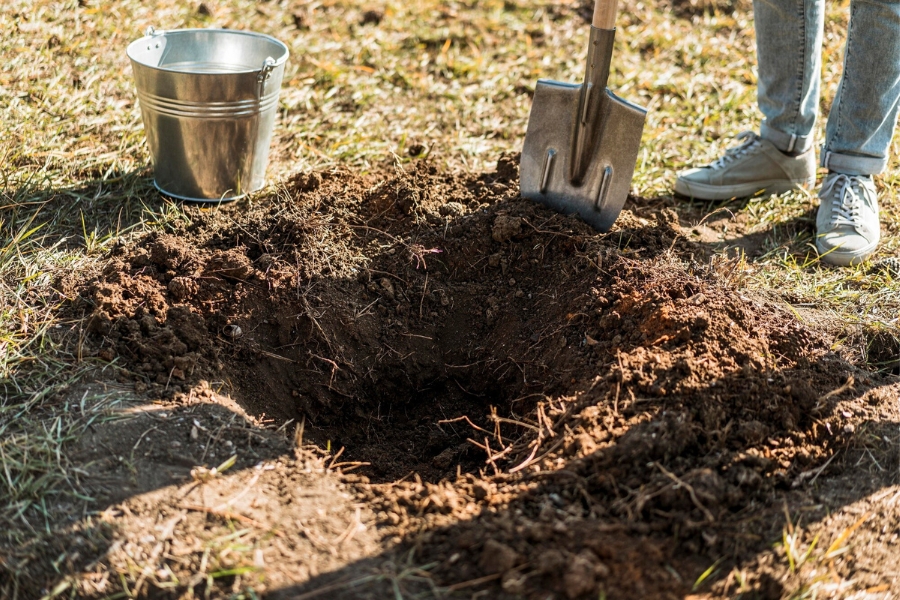Soil Stabilization in Lauderhill, FL
- Family-Owned
- 20+ Years Experience
- High Quality
- Honest & Affordable

WHAT YOUR NEIGHBORS ARE SAYING ABOUT US
GET IN TOUCH
Soil Stabilization in Lauderhill, FL
At Lauderhill Foundation Repair, we offer expert Soil Stabilization services in Lauderhill, FL. Soil stabilization is crucial for preventing foundation settlement and structural damage. Over time, soil can shift, settle, or erode due to environmental factors such as moisture fluctuations, poor drainage, or soil composition. Our Soil Stabilization techniques strengthen the ground beneath your foundation, ensuring long-term stability and preventing costly foundation issues.
Our Services
- Concrete Slab Foundation Repair
- Pier and Beam or Block and Base Foundation Repair
- House Leveling
- Retaining Wall Repair
- Seawall Repair
- Sinkhole Remediation
- Polyurethane Foam Injection
- Commercial Foundation Repair
- Soil Stabilization
- Pool Stabilization
- Void Filling
- Steel Push Pier Installation
- Slab Pier Installation
- Injection Pier Installation
- Helical Pier Installation
- Pre-Construction Pier Installation

How Soil Stabilization Works
Soil Stabilization is the process of improving the load-bearing capacity and stability of soil beneath a foundation. At Lauderhill Foundation Repair, we utilize various methods to stabilize soil, depending on the specific needs of your property. Here’s how our process works:
- Soil Assessment: We begin with a thorough assessment of the soil conditions around your foundation. This includes evaluating the type of soil, its moisture content, and any visible signs of settlement or instability.
- Soil Stabilization Method Selection: Based on the assessment, we determine the best Soil Stabilization method. Common methods include chemical stabilization, mechanical compaction, and the injection of polyurethane foam or cement-based grout.
- Injection or Compaction: For injection methods, we inject polyurethane foam or grout into the soil to fill voids, stabilize the ground, and improve its load-bearing capacity. In mechanical compaction, the soil is compacted to increase its density and stability.
- Foundation Support: In cases where the soil instability has affected the foundation, additional piers or supports may be installed to stabilize the structure.
- Final Inspection: After the stabilization process, we perform a final inspection to ensure the ground is stable and the foundation is secure.
This process ensures that the soil beneath your foundation is reinforced, preventing future settlement and protecting your property.

Common Signs You Need Soil Stabilization
If you notice any of the following signs, it may indicate that your soil is unstable and in need of Soil Stabilization:
- Cracks in your foundation, walls, or floors.
- Uneven or sinking areas around your home or building.
- Pooling water near the foundation.
- Visible soil erosion around the foundation.
- Foundation settlement or shifting.
Addressing these issues early with Soil Stabilization can prevent more severe foundation damage and costly repairs down the road.

Benefits of Soil Stabilization
Soil Stabilization offers numerous advantages for homeowners and businesses in Lauderhill, FL, helping to protect your property and ensure long-term structural integrity. Key benefits include:
- Prevents Foundation Settlement: Soil Stabilization strengthens the soil, preventing foundation settlement and the resulting damage to your home or building.
- Improves Load-Bearing Capacity: Stabilizing the soil increases its ability to support the weight of the structure above it, reducing the risk of future issues.
- Reduces Erosion: By stabilizing the ground, soil erosion around your foundation is minimized, protecting your property from further damage.
- Cost-Effective Solution: Early Soil Stabilization prevents the need for more extensive and costly foundation repairs in the future.
- Environmentally Friendly Options: Some Soil Stabilization methods, such as polyurethane foam injection, are eco-friendly and non-invasive.

What to Expect During Soil Stabilization
At Lauderhill Foundation Repair, we strive to make the Soil Stabilization process as efficient and non-disruptive as possible. Here’s what you can expect when you hire us:
- Initial Consultation and Assessment: We begin by assessing the soil conditions around your foundation to identify the cause of instability and recommend the most appropriate stabilization method.
- Custom Stabilization Plan: Based on our assessment, we develop a customized stabilization plan that addresses the specific issues affecting your soil and foundation.
- Stabilization Process: Whether we’re injecting polyurethane foam, grout, or compacting the soil, our team will carry out the process efficiently, minimizing disruption to your property.
- Foundation Support (If Needed): If the foundation has been affected by unstable soil, we’ll install additional piers or supports to ensure the structure is secure.
- Final Inspection: Once the stabilization is complete, we conduct a final inspection to ensure the ground is stable and your foundation is secure.
Looking for Soil Stabilization Near Me?
If you’re searching for Soil Stabilization near me in Lauderhill, FL, look no further than Lauderhill Foundation Repair. Our expert team provides professional Soil Stabilization services to protect your foundation and ensure the stability of your property. Contact us today for a free estimate and let us help you secure your foundation.
FAQs About Soil Stabilization
How long does Soil Stabilization take?
The duration of the stabilization process depends on the size of the area and the method used. Most projects are completed in 3 to 5 days.
Can Soil Stabilization prevent future foundation problems?
Yes, Soil Stabilization strengthens the ground beneath your foundation, preventing future settlement and reducing the risk of future foundation issues.
Is Soil Stabilization a permanent solution?
When done correctly by professionals like Lauderhill Foundation Repair, Soil Stabilization is a long-term solution that stabilizes the soil and prevents further movement.
